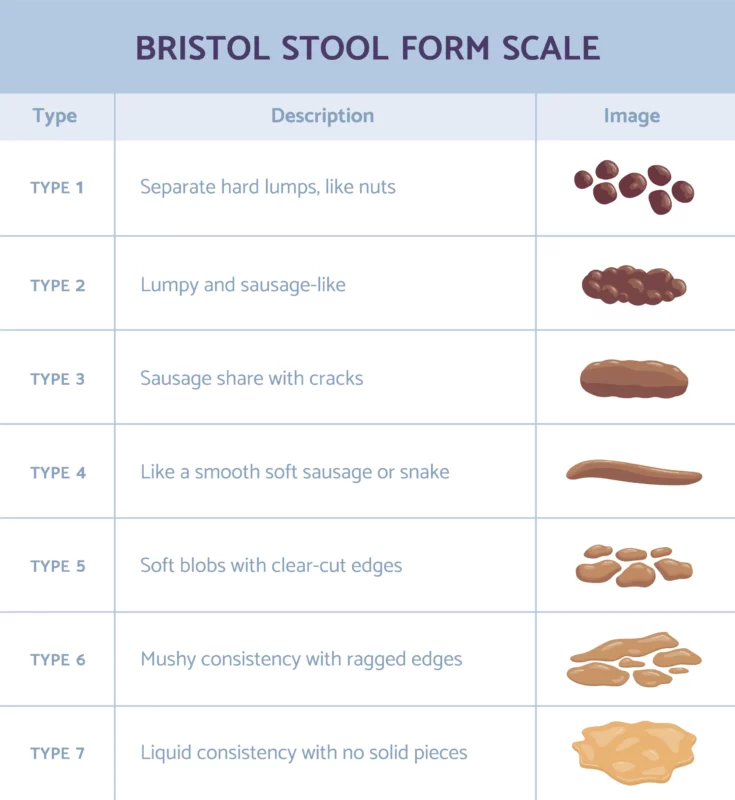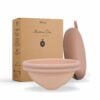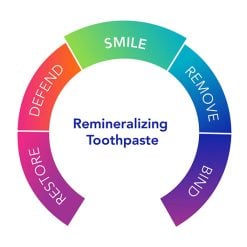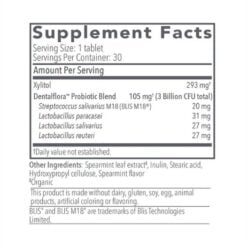Beauty News, Biocidin Botanicals
What Your Poop Reveals About Your Health: A Comprehensive Guide
Discussing poop might be a taboo subject for some, but it’s an essential indicator of our overall health and well-being. Knowing what to look for can help you make better lifestyle choices and serve as crucial information for your healthcare provider. Let’s dive into this not-so-glamorous topic and uncover the value hidden in our waste.
Understanding the Basics of Poop
Poop, technically known as feces or stool, is the byproduct of the digestive process. After the small intestine absorbs essential nutrients from the food we eat, the remaining waste moves to the large intestine, which absorbs water and electrolytes. The waste then exits the body through the rectum and anus, completing the process known as defecation or “having a bowel movement.”
The Importance of Regularity
Generally, people poop anywhere from once to several times a day. Regularity is key; your stool should be relatively consistent in frequency, texture, and color. Deviations can indicate that you need more water or fiber in your diet, or point to underlying issues like irritable bowel syndrome or malabsorption.

Bristol Stool Scale: A Diagnostic Tool
The Bristol Stool Scale is a medical classification system developed in 1997 to assess bowel health. It categorizes poop into seven “types” based on its appearance and consistency:
- Type 1: Small, hard lumps that are difficult to pass, indicating constipation.
- Type 2: Lumpy but less compact stools, also suggesting constipation.
- Type 3: Sausage-shaped with cracks on the surface, representing a healthy digestive system.
- Type 4: Smooth, soft, and easy to pass, also indicative of a healthy system.
- Type 5: Soft blobs with clear-cut edges, often caused by stress or anxiety.
- Type 6: Mushy with ragged edges, indicating mild diarrhea.
- Type 7: Liquid or entirely watery, suggesting severe diarrhea.
Focusing on Gut Health
Your gut houses trillions of microorganisms essential for nutrient absorption, digestion, and immune function. Maintaining a balanced gut microbiome is crucial for preventing obesity, diabetes, and inflammatory bowel syndrome, among other conditions.
Tips for a Healthy Gut
-
Stay Hydrated: Water is vital for digestion and softening the stool to prevent constipation. Aim for six to eight 8-oz glasses of water daily.
-
Eat Right: Opt for a diet rich in fiber to nourish good bacteria and aid in digestion. Ideal choices include fruits, vegetables, whole grains, nuts, and seeds.
-
Sleep Well: Seven to eight hours of quality sleep per night can work wonders for your gut health and overall well-being.
-
Keep Moving: Regular exercise enhances blood flow to your digestive system and aids in digestion. Find a physical activity you enjoy and make it a routine.
When to Consult a Healthcare Provider
Experiencing persistent gastrointestinal symptoms like chronic constipation or diarrhea, abdominal pain, foul-smelling or mucousy poop, or unexplained weight loss warrants immediate medical attention. Don’t ignore these signs; they could indicate a more serious underlying condition.
In conclusion, while discussing poop might seem awkward, being informed about what it can indicate about your health can be a game-changer. So the next time you’re in the restroom, take a moment to observe, as your poop might just be telling you something important about your health.




































 Beauty Products
Beauty Products By Skintype
By Skintype Brands A-Z
Brands A-Z Wellness
Wellness Health / Nutrition
Health / Nutrition